Lithium-ion Emergency Light Battery: The Ultimate FAQ Guide
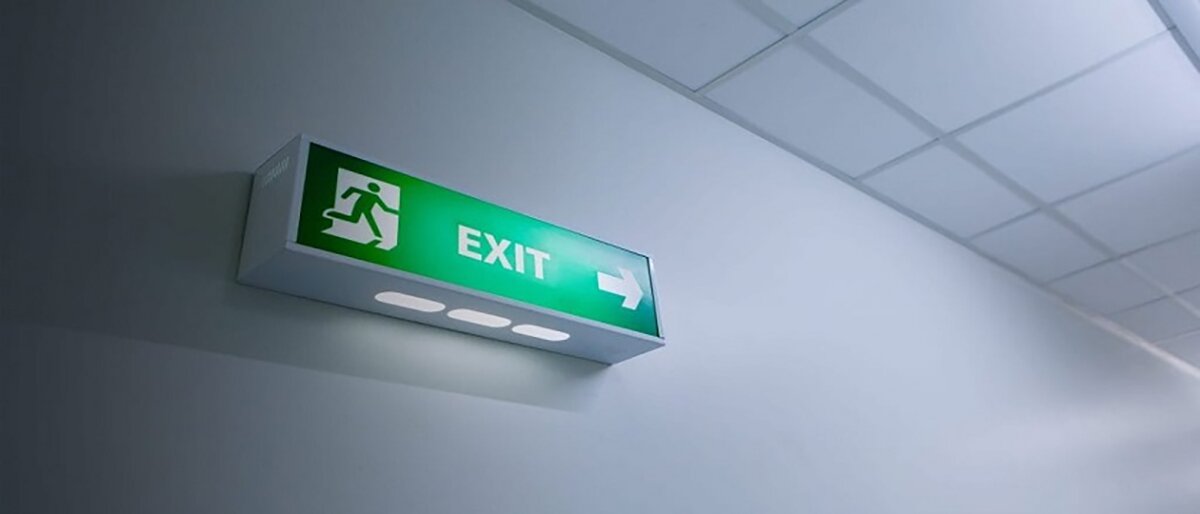
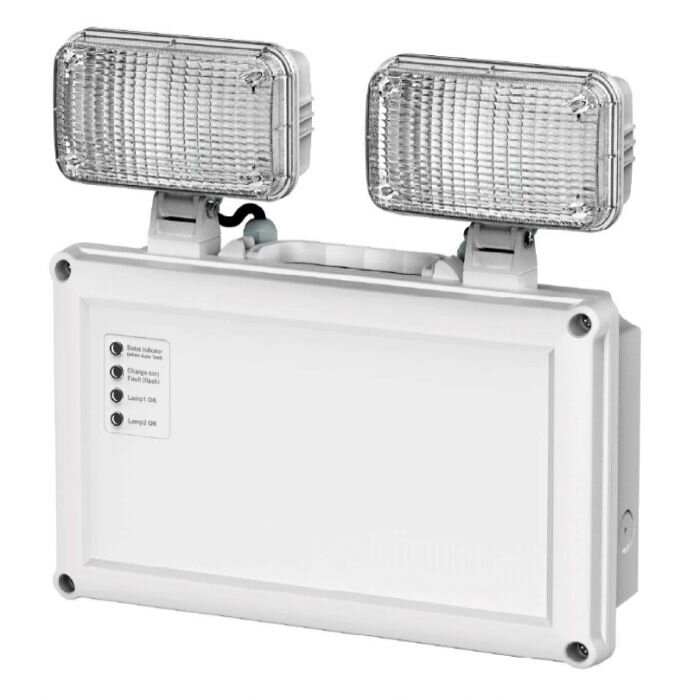
Lithium-ion Emergency Light Battery manufacturer
Our battery packs have a 10-year warranty, can be connected in series and parallel, and can be customized for special functions. Our lithium-ion battery products are fully certified. Batteries are in full stock and can be shipped within 3 days.
12V / 24V / 48V Emergency Light Battery Manufacturer
Lithium-ion Emergency Light Battery: The Ultimate FAQ Guide
Lithium-ion Emergency Light Batteries have become increasingly popular in recent years due to their high energy density and reliable performance. These batteries are used in a variety of applications, from emergency lighting to backup power for critical equipment. They are also commonly used in portable power banks due to their compact size and lightweight.
Power Up Your Knowledge: The Ultimate FAQ Guide to Lithium-ion Emergency Light Batteries
In this article, we provide an ultimate FAQ guide on Lithium-ion Emergency Light Batteries. We cover the basics of:
- What they are
- How they work
- The different types of Lithium-ion Emergency Light Batteries
- Their advantages and disadvantages
- Battery performance metrics
- Safety features
- Charging and discharging best practices
- Battery Management Systems (BMS)
- Common applications
- Frequently asked questions.
By the end of this article, you will have a clear understanding of Li-ion Emergency Light Batteries, and be able to make informed decisions about their use and maintenance.
A Brief History of Lithium-ion Emergency Light Batteries
Lithium-ion Emergency Light Batteries have a relatively short history. Sony introduced the first commercial lithium-ion battery in 1991. Since then, they have become increasingly popular compared to other types of batteries. This is due to their high energy density, low self-discharge rate, and longer cycle life.
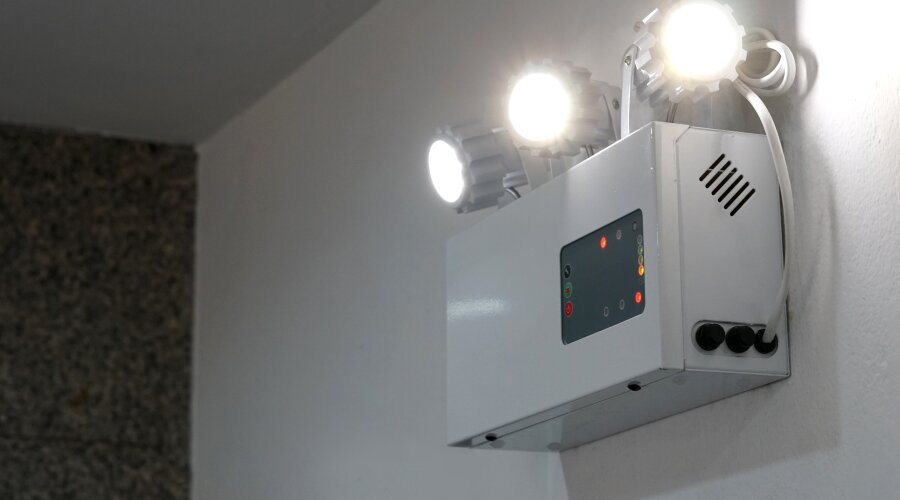
What are Lithium-ion Emergency Light Batteries?
Li-ion Batteries are rechargeable batteries that use lithium-ion technology to store and release energy. They are designed to provide reliable backup power in case of an emergency or power outage.
These batteries are commonly used in emergency lighting. (Exit signs and emergency lights in buildings). Furthermore, they are used in portable power banks for charging electronic devices on the go. Li-ion batteries can also be used as backup power for critical equipment. This includes medical devices, computers, and communication systems.
In addition to their emergency and backup power applications, these batteries are used in a wide range of other devices. Think of smartphones, laptops, and electric vehicles.
Advantages of Lithium-ion Emergency Light Batteries
Compared to other types of batteries, Lithium-ion offers several advantages. They have a higher energy density, which means they can store more energy in a smaller size. They also have a lower self-discharge rate. This means they can be stored for longer periods of time without losing their charge. Additionally, they have a longer cycle life. Thus, they can be charged and discharged more times than other types of batteries.
Disadvantages of Lithium-ion Emergency Light Batteries
Lithium-ion Emergency Light Batteries also have some disadvantages. They are more expensive than other types of batteries! Not only that, they can be sensitive to high temperatures, which can cause them to degrade or even catch fire. Li-ion batteries require a specialized charging system to prevent overcharging or undercharging. Obviously, this can reduce their performance, or even damage them.
| Advantages | Disadvantages |
| Higher energy density | More expensive than other types of batteries |
| Lower self-discharge rate | Sensitive to high temperatures |
| Longer cycle life | Require specialized charging system |
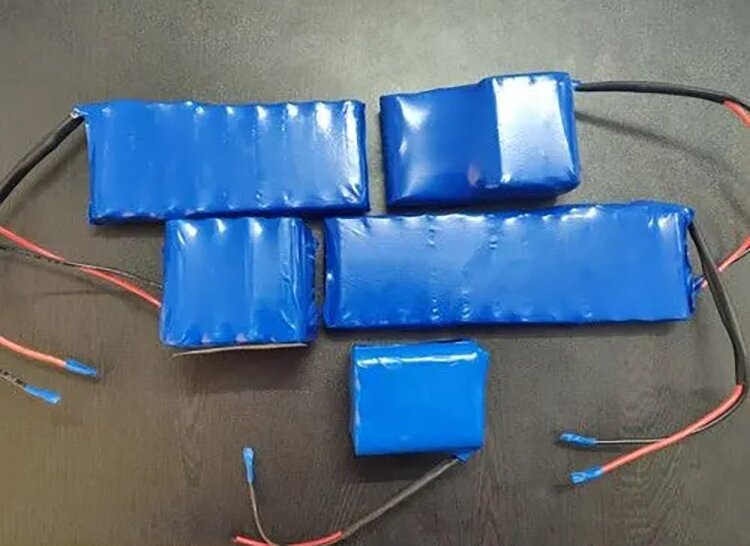
What Are Lithium-ion Emergency Light Batteries?
Are you prepared for power outages and emergencies? Lithium-ion emergency light batteries are an essential tool to have in your home, office, or car to ensure that you always have a reliable source of light. In this section, we explore:
- What lithium-ion emergency light batteries are.
- How they work
- Why they are the perfect solution for your emergency lighting needs.
What are They?
Lithium-ion emergency light batteries are rechargeable batteries that provide power to emergency lights when the main power source is out. They are designed to be long-lasting and durable. Unquestionably making them ideal for use in emergency situations.
How Do They Work?
These batteries are made up of cells that store energy in the form of chemical reactions. When the battery is charged, the lithium ions move from the positive electrode to the negative electrode. When the battery is being used, the lithium ions move in the opposite direction. This creates an electrical current that powers the emergency light.
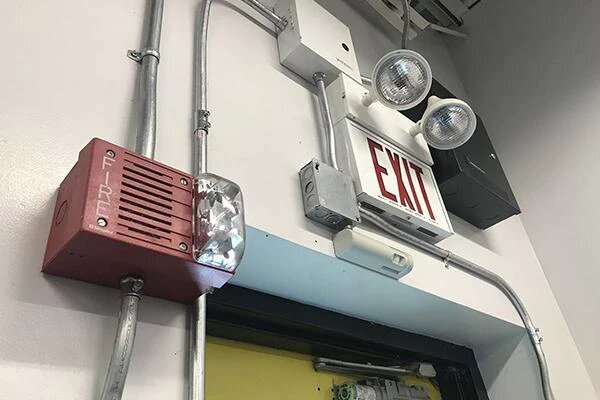
Types of Lithium-ion Emergency Light Batteries: Which One Lights Up Your Life?
When it comes to lithium-ion emergency light batteries, there’s no shortage of options out there. But which type is right for you? Let’s take a look at the three main types: cylindrical, prismatic, and pouch batteries. Now you can see which one will light up your life.
Cylindrical Batteries: Round and Round We Go
Cylindrical batteries are the most common type of lithium-ion battery. They are cylindrical in shape, hence the name, and are often used in flashlights and other small electronic devices. Cylindrical batteries are reliable and easy to use. This makes them a popular choice for emergency lights. However, they may not be as compact or lightweight as other types of batteries.
Prismatic Batteries: Shaped to Perfection
They are rectangular in shape and offer a higher energy density than cylindrical batteries. They are often used in smartphones and other high-performance devices. Prismatic batteries are a great choice for emergency lights that need to be compact and lightweight. However, they may be more expensive than other types of batteries.
Pouch Batteries: A Wallet-Friendly Option
Pouch batteries are the most flexible type of lithium-ion battery. They are thin and lightweight, making them perfect for use in slim emergency lights. Pouch batteries are often the most wallet-friendly option. Stii, they may not be as durable as other types of batteries, and can be prone to swelling.
So, which type of lithium-ion emergency light battery is right for you? It depends on your needs and preferences.
- ★Cylindrical batteries are reliable and easy to use
- ★Prismatic batteries offer a higher energy density
- ★Pouch batteries are flexible and wallet-friendly.
Choose the one that will light up your life and keep you safe during emergencies!
Battery Performance: Lithium-ion Emergency Light Batteries
Energy Density
- Known for their high energy density.
- Pack a lot of energy into a small space.
- Ideal for emergency lights where space is often limited.
- Offer a higher energy density compared to lead-acid and nickel-cadmium batteries.
- Provides more power for longer periods of time.
Discharge Rate
- High discharge rate.
- Release energy quickly, which is important for emergency lights.
- Able to provide a high level of power output even in cold temperatures.
Cycle Life
- A long cycle life.
- Can be charged and discharged over and over without losing performance.
- Lasts for several years. This makes them a cost-effective option further down the line.
Comparison to Other Types of Batteries
- Offers better performance compared to lead-acid and nickel-cadmium batteries.
- They have a higher energy density, faster discharge rate, and longer cycle life.
- Lithium-ion batteries are also lighter, making them easier to handle and install.
- They are more expensive upfront. Yet, they can save money in the long run due to their longer lifespan and higher performance.
Battery Safety
Safety first, always! Lithium-ion Emergency Light Batteries come with a range of safety features to prevent accidents. Keep the following in mind:
- Overcharge protection
➢ Lithium-ion batteries can be impaired or damaged if they are overcharged.
➢ The batteries have built-in protection circuits that shut down the charging process when the battery is full. - Over-discharge protection
➢ Discharging the battery too much can also damage it. Li-ion Emergency Light Batteries have protection circuits to prevent over-discharging and extend their lifespan. - Handle with care
➢ Don’t puncture or crush the battery
➢ Avoid exposing it to extreme temperatures.
➢ Follow the manufacturer’s instructions for safe handling.
Charging and Discharging
Always charge and discharge Lithium-ion Emergency Light Batteries properly. This helps to maintain their performance and extend their lifespan. Here are some tips:
- Use the right charger
➢ Lithium-ion batteries need a particular type of charger.
➢ Make sure you have the right one.
➢ Avoid using chargers that aren’t designed for Lithium-ion batteries. - Don’t overcharge or over-discharge
➢ Overcharging or over-discharging can damage the battery.
➢ Monitor the charging process and stop when the battery is full. - Temperature matters
➢ Extreme temperatures can affect battery performance.
➢ Avoid charging or discharging the battery in very hot or cold environments.
Battery Management Systems
Battery Management Systems, or BMS, are important because they help monitor and regulate the battery’s performance. Here’s why they matter:
- Safety
➢Additional safety features to prevent
■Overcharging
■Over-discharging
■and overheating. - Performance
➢Help balance the battery’s cells
➢Improve performance and extend the battery’s lifespan. - Monitoring
➢Provides real-time data on the battery’s performance
➢This makes it easier to track its health and maintenance needs.
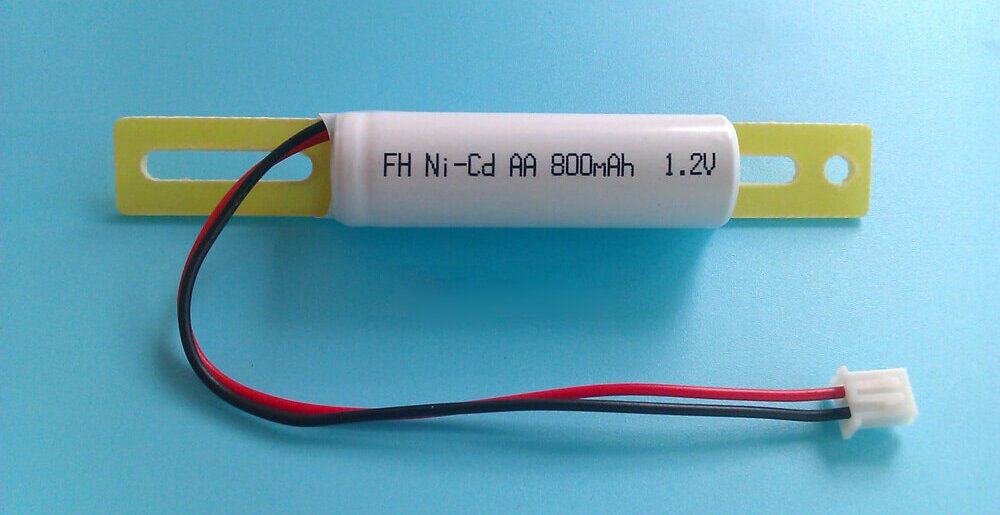
Applications of Lithium-ion Emergency Light Batteries
The versatile Lithium-ion Emergency Light Battery can be used in a variety of applications, from emergency lighting to portable power banks. Let’s explore some examples.
Emergency Lighting
One of the most common applications is in emergency lighting. These batteries can provide long-lasting, reliable power during power outages or other emergencies. For example, hospitals may use them to power emergency lighting. Especially in critical areas like operating rooms and intensive care units.
Portable Power Banks
Ideal for powering portable devices like smartphones and laptops. They are compact, lightweight, and can be recharged multiple times, making them perfect for people on the go. For example, a hiker may use a Li-ion Emergency Light Battery to power their smartphone and GPS device while on a long hike.
Solar Power Systems
Can also be used in conjunction with solar power systems to store energy for later use. This is particularly useful in off-grid locations where access to electricity is limited. For example, a remote cabin in the mountains may use a solar power system with a Lithium-ion Emergency Light Battery to power lights, appliances, and other devices.
Overall, Lithium-ion Emergency Light Batteries offer a versatile, reliable, and long-lasting source of power for a wide range of applications.
FAQ About Li-ion Emergency Light Batteriess
Ah, the FAQs! Here are some answers to common questions about Lithium-ion Emergency Light Batteries.
Q: How long do Lithium-ion Emergency Light Batteries last?
A: They can last for several years, depending on usage and how well they are maintained. With proper care, they can retain up to 80% of their capacity after 1000-2000 charge cycles.
Q: Can Lithium-ion Emergency Light Batteries be recycled?
A: Yes, Lithium-ion Emergency Light Batteries can be recycled. Many battery recycling programs accept them. Still, it’s important to follow proper disposal guidelines to prevent damage to the environment.
Q: How do I dispose of Lithium-ion Emergency Light Batteries?
A: It’s important to dispose of Lithium-ion properly to prevent environmental damage. Many cities and towns have battery recycling programs that accept them. Check with your local recycling center for information on how to dispose of them safely.
Q: Are Lithium-ion Emergency Light Batteries safe?
A: When used and handled properly, Lithium-ion Emergency Light Batteries are safe. They have built-in safety features like overcharge and over-discharge protection. Yet, it is important to follow the manufacturer’s instructions for safe handling and use.
And now, for a little light humor: Did you hear about the battery who won the race? He was energized by his victory! Okay, maybe that wasn’t the best joke, but Lithium-ion Emergency Light Batteries are no joke when it comes to providing reliable and long-lasting power.

About Towsonbattery
Towsonbattery has a team of professional and experienced technical experts and first-class product designers. We strictly implement the ISO 9001:2008 quality system and IS014001 environmental management system, and sell high-quality products to the world.
 Towson Battery
Towson Battery
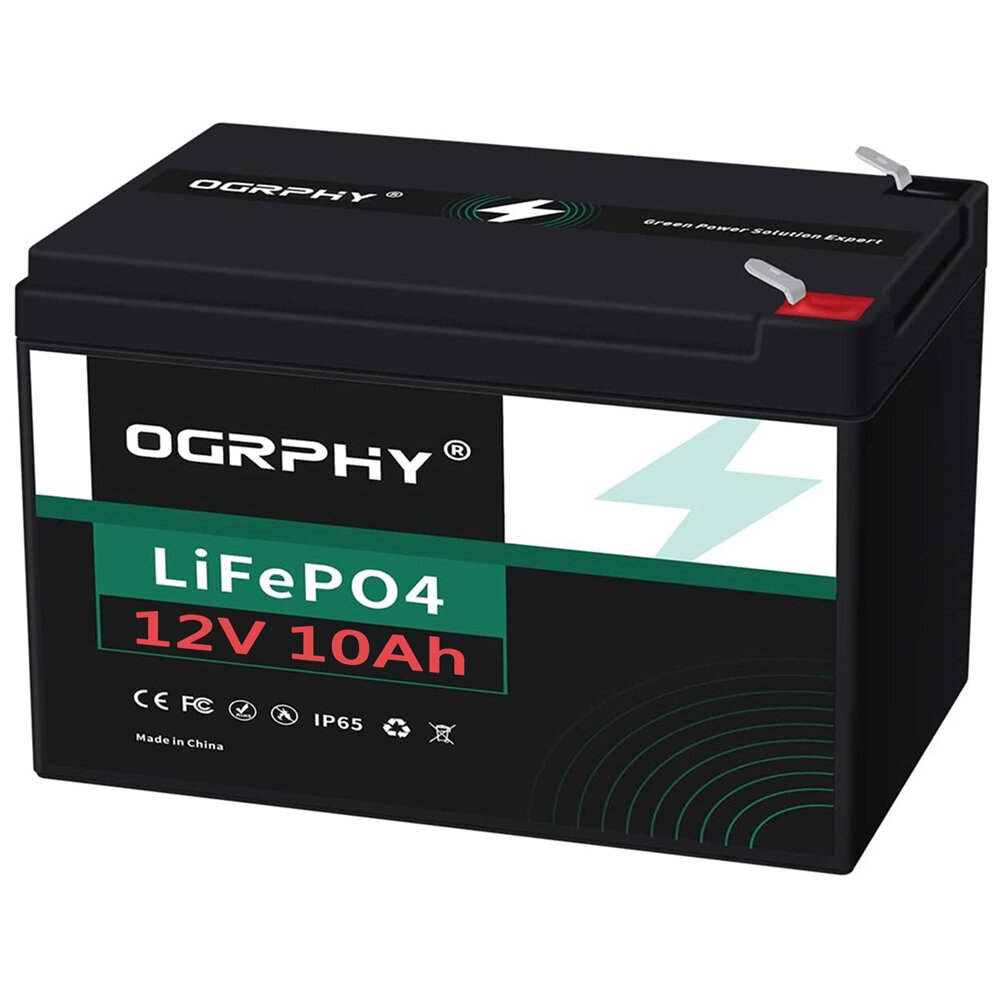

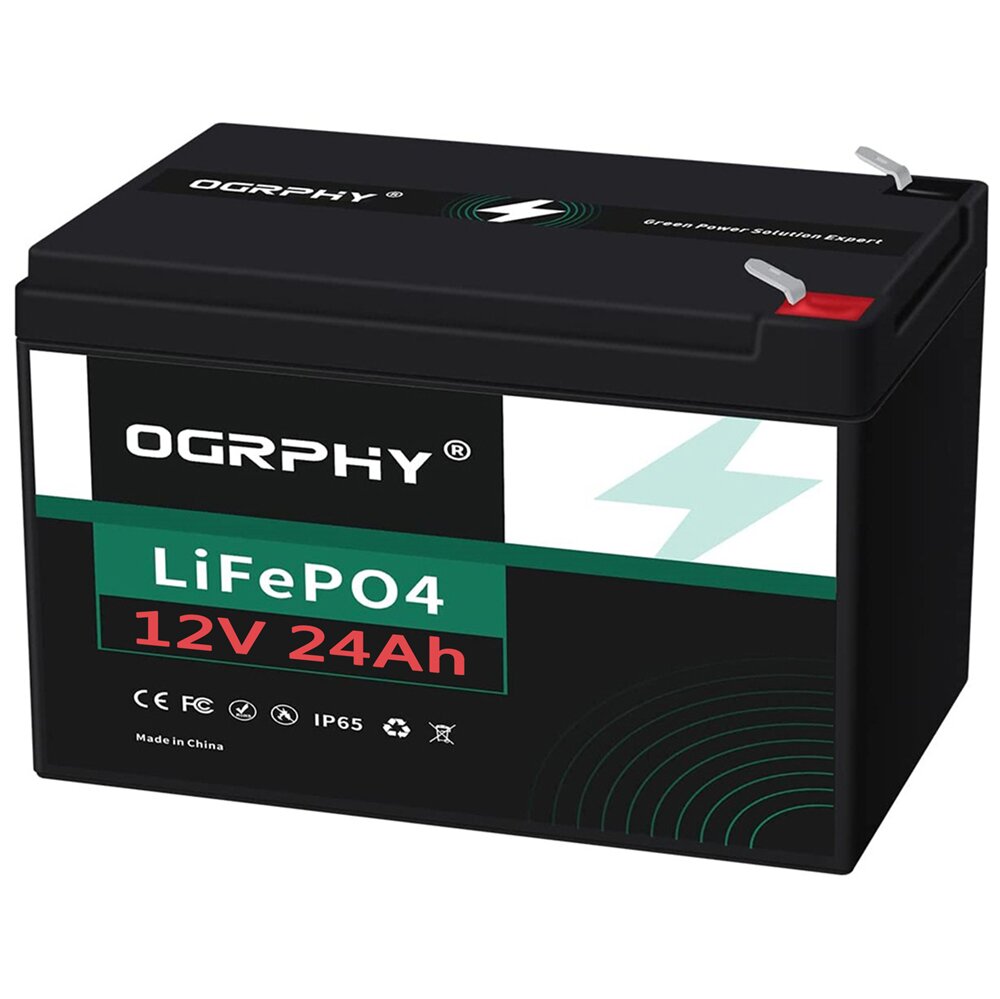
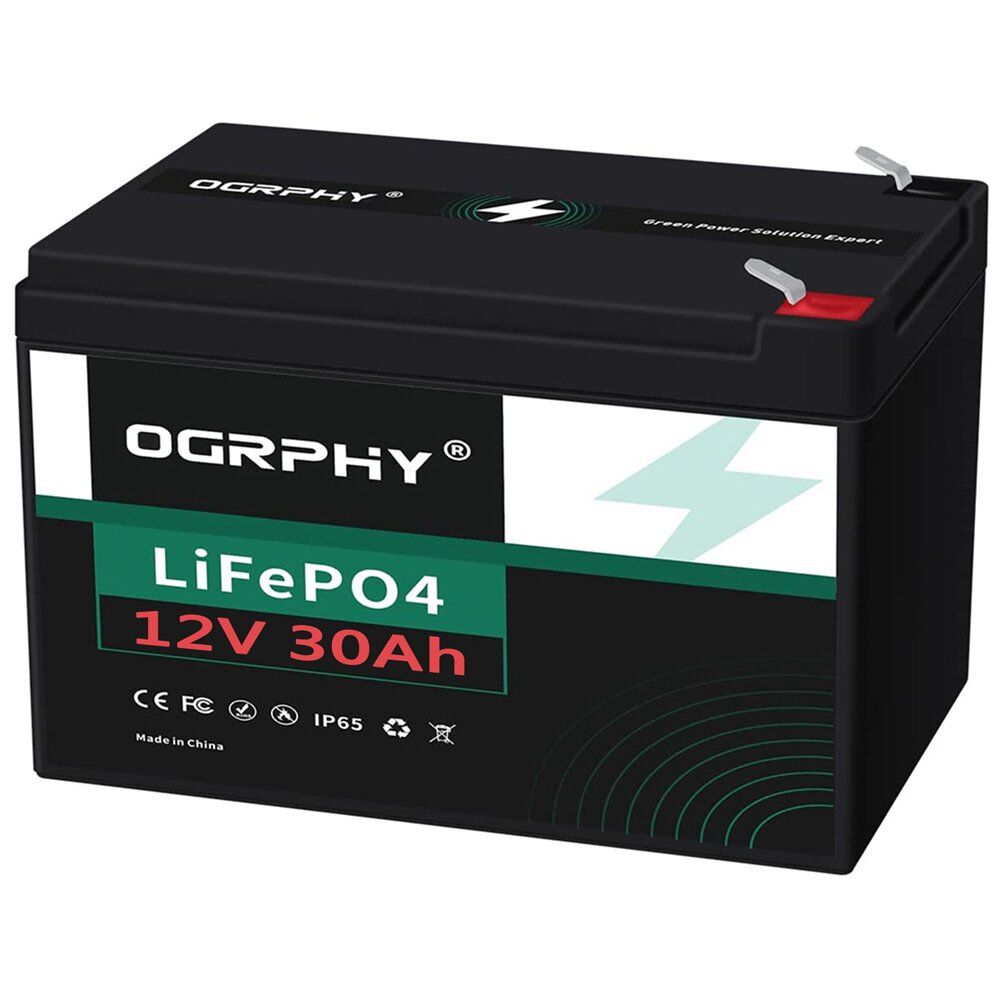
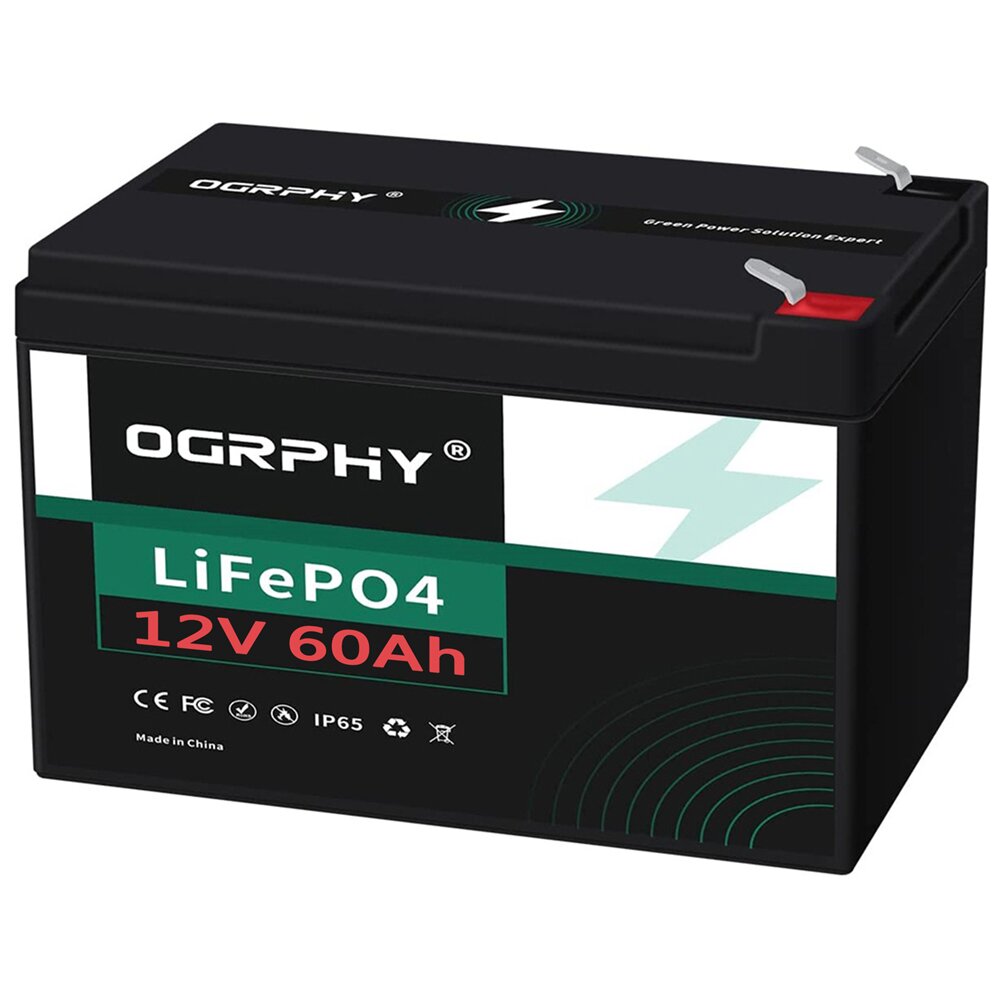


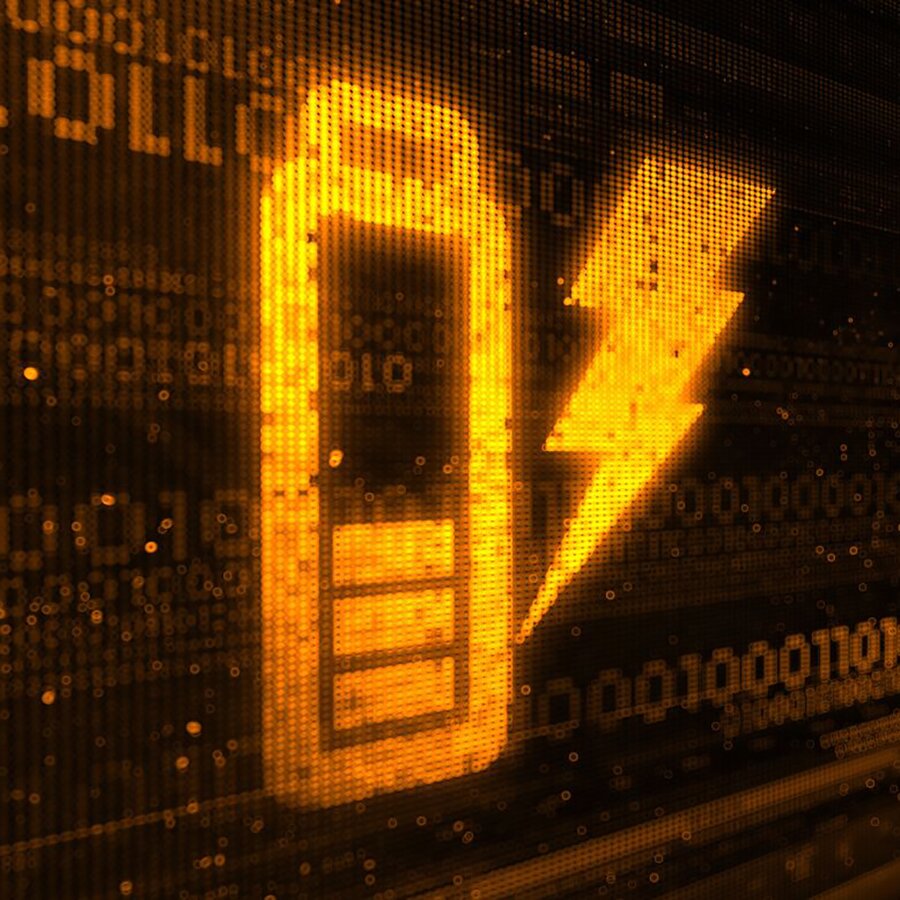
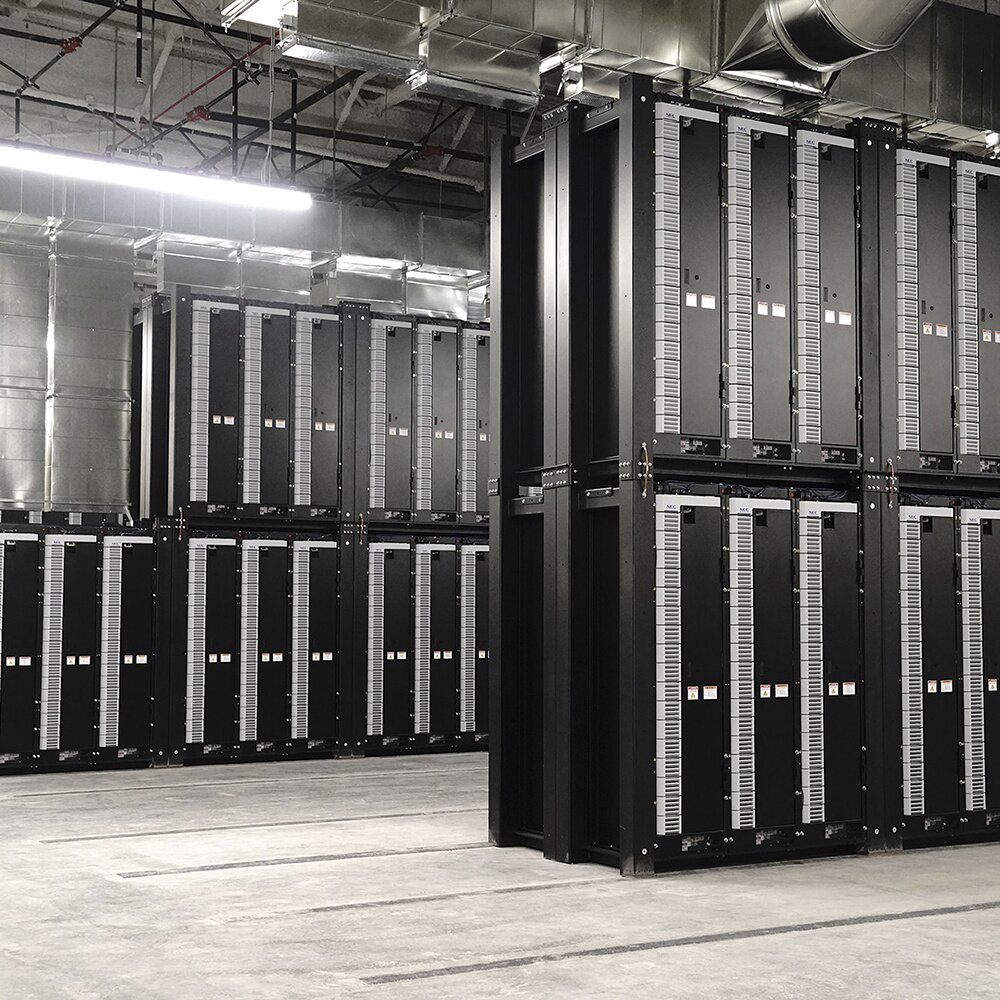
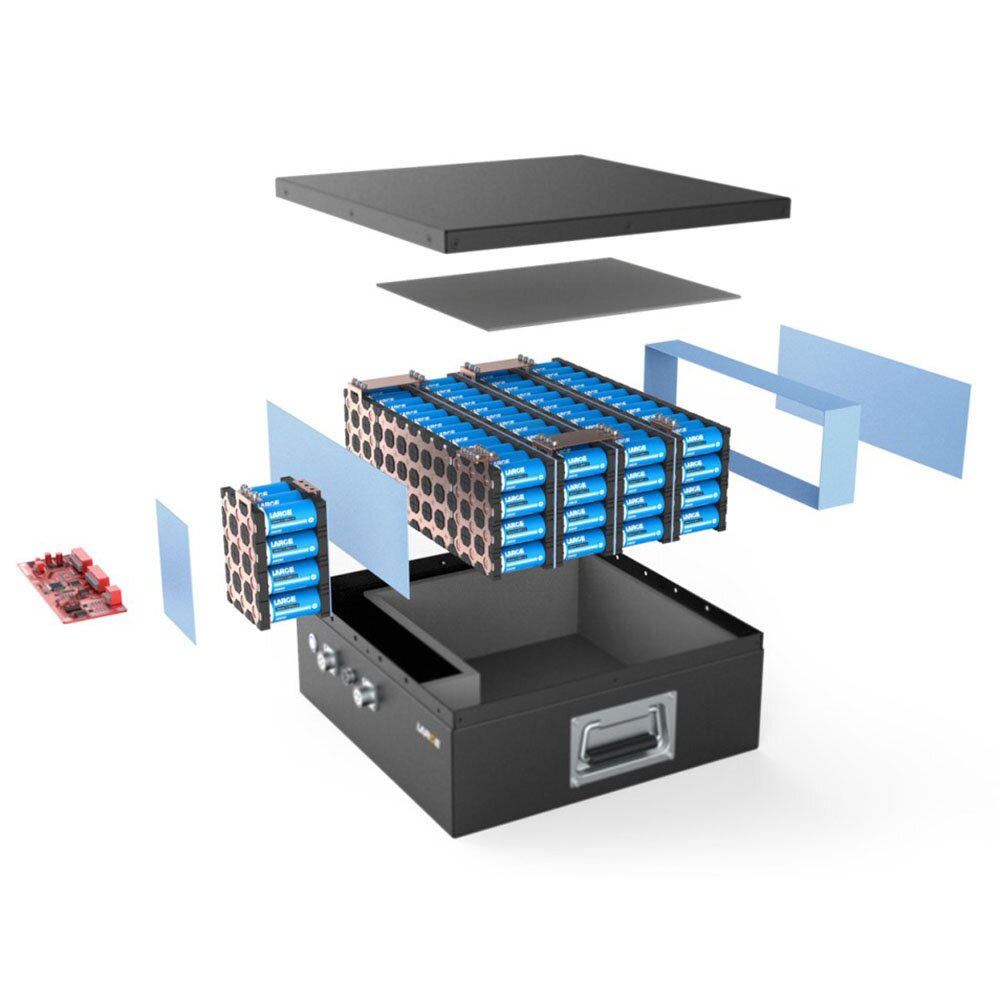
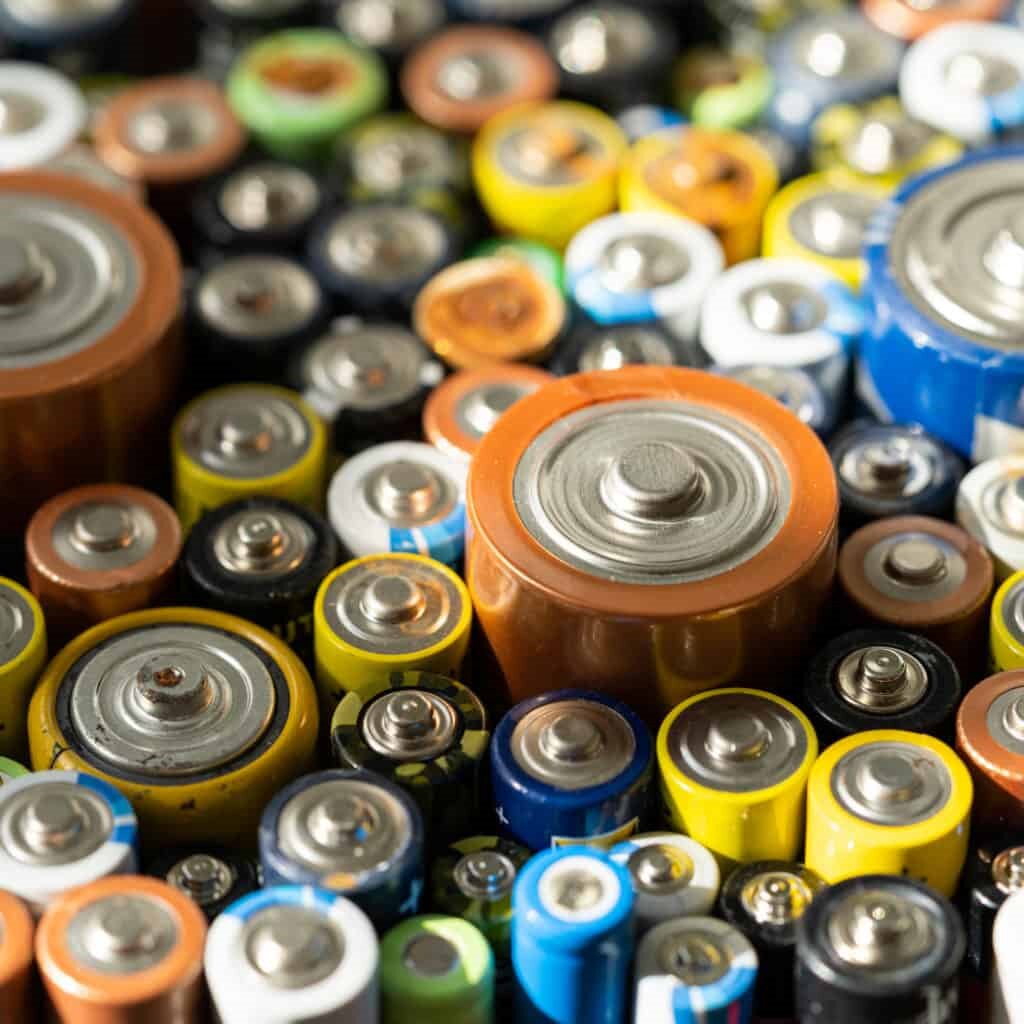
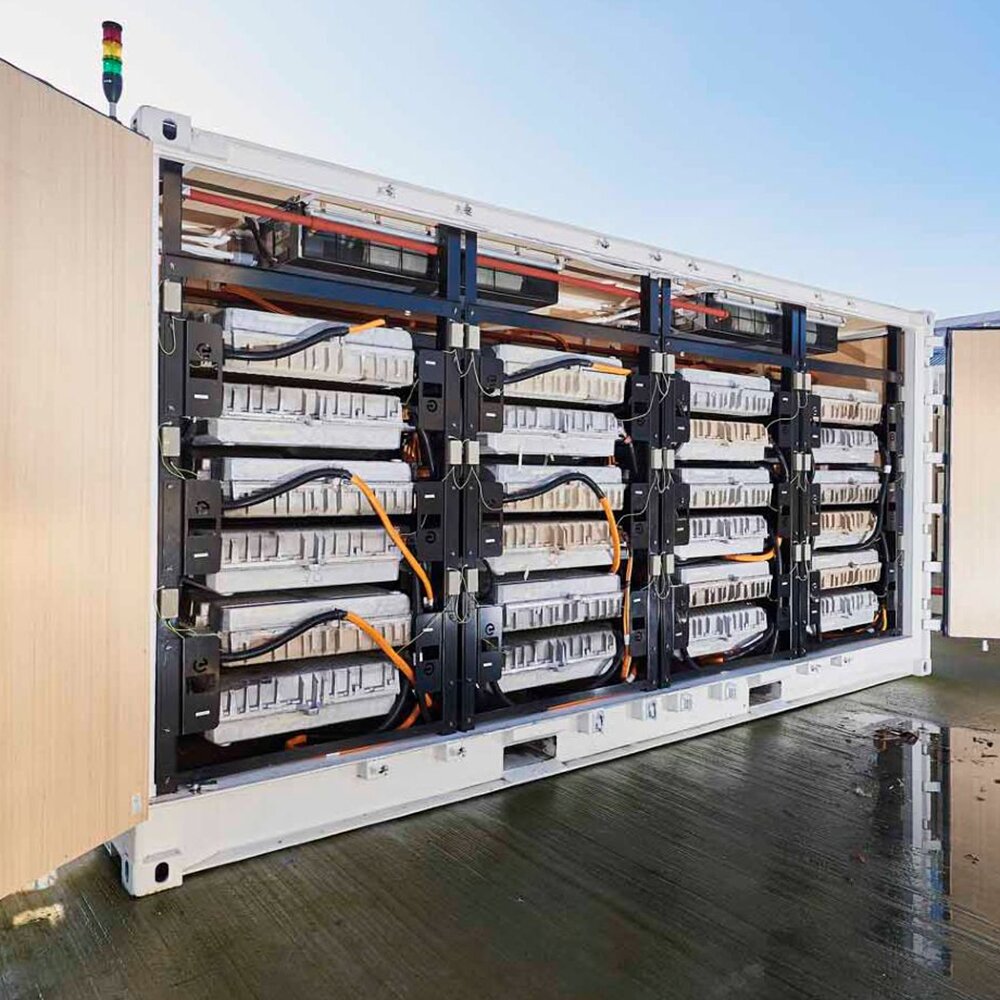
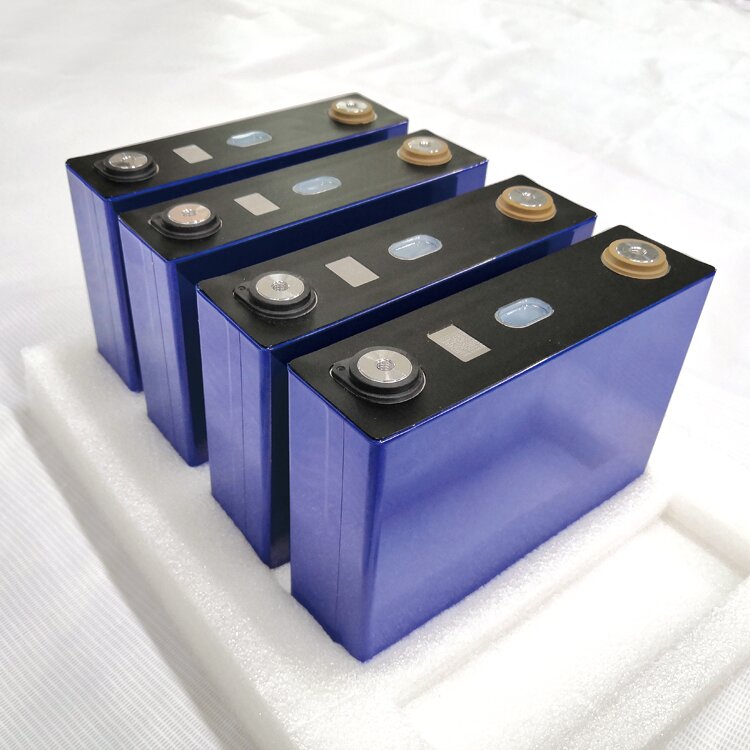
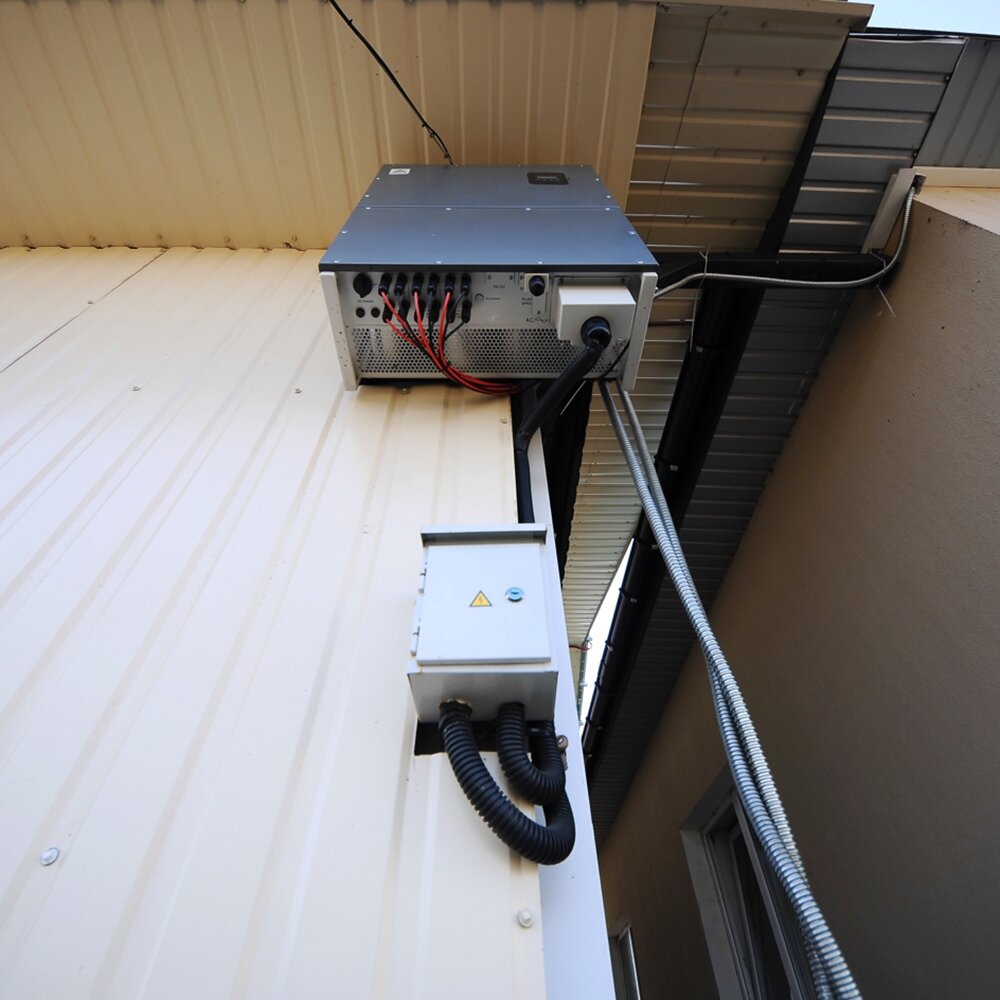
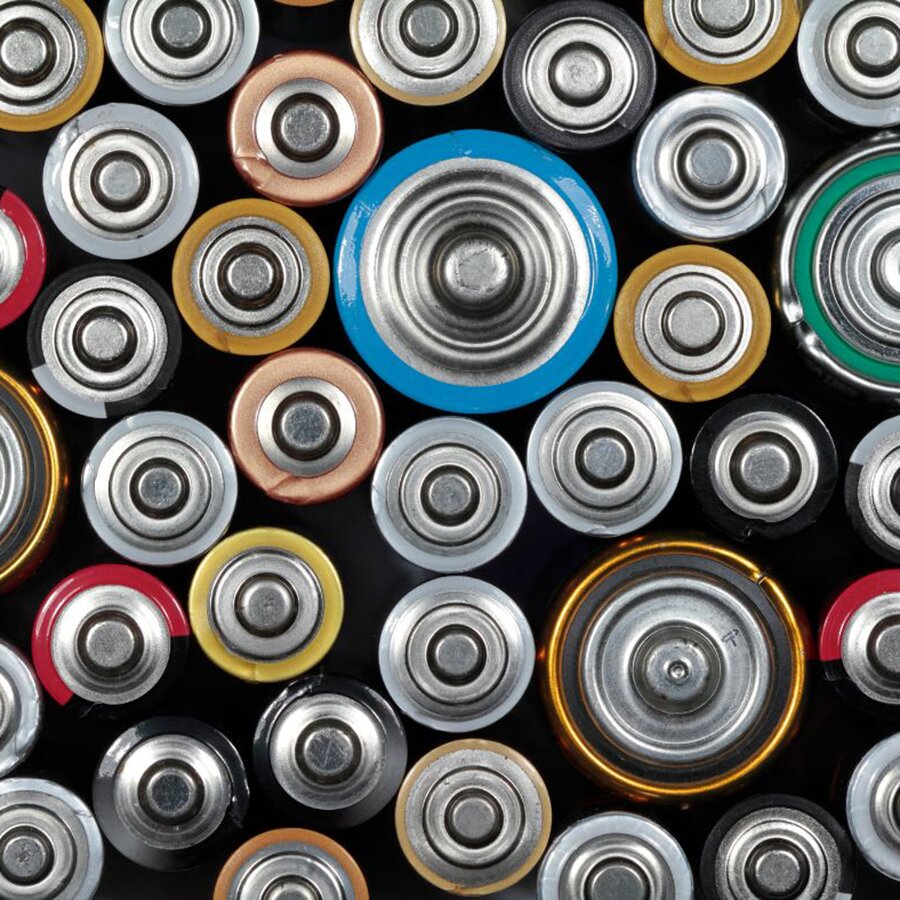
Submit for consultation
We will reply to you within 24 hours